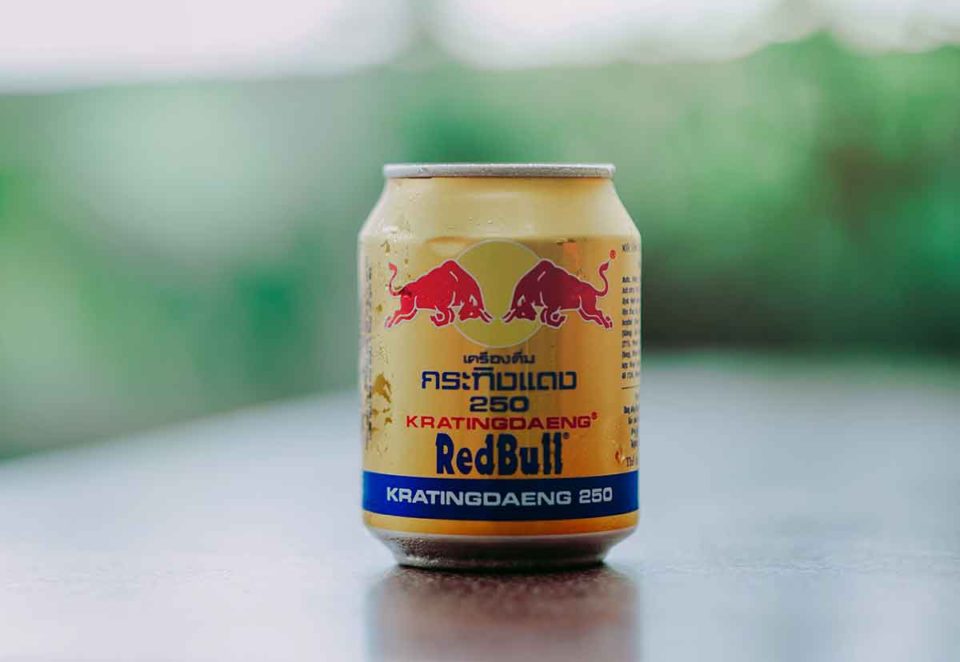By Otto Rodríguez
Miami-Dade Health
You can find them everywhere: gas stations, supermarkets, restaurants, and parties. The promoters say these drinks increase alertness and enhance physical and mental performance.
We are talking about the energy drinks, also known as “boost drinks”.
While energy drinks may be popular (it’s forecast to reach $61 billion by 2021), they have gotten a bad reputation among health experts.
Two well-known organizations, the World Health Organization and the American Academy of Pediatrics have launched sterns warnings about consuming energy drinks saying they “may pose danger to public health.”
Most energy drinks typically contain large amounts of caffeine, sugar, vitamins and legal stimulants, such as guarana, a plant that grows in the Amazon, taurine, an amino acid that’s naturally found in meat and fish, and a substance known as L-carnitine, that helps turn fat into energy in the human body. Generally, other ingredients are present too in these drinks.
According to the US National Institutes of Health, next to multivitamins, energy drinks are the most popular dietary supplement consumed by American teens and young adults. Males between the ages of 18 and 34 years consume the most energy drinks, and almost one-third of teens between 12 and 17 years drink them regularly.
A growing trend among young adults and teens is mixing energy drinks with alcohol. About 25 percent of college students consume alcohol with energy drinks, and they binge-drink significantly more often than students who don’t mix them. In 2013, 46 percent of all energy-drink-related emergency department visits involved combining these beverages with alcohol or drugs (including illicit drugs and other prescribed nervous system stimulants, like Ritalin or Adderall).
Among the risks of “boost drinks”, doctors point to these facts:
- Large amounts of caffeine may cause serious heart and blood vessel problems such as heart rhythm disturbances and increases in heart rate and blood pressure.
- Many energy drinks contain as much as 25–50 g of simple sugars; this may be problematic for people who are diabetic or prediabetic.
- Caffeine use may be associated with palpitations, anxiety, sleep problems, digestive problems, elevated blood pressure, and dehydration in general.
- Guarana, a common ingredient in energy drinks, contains caffeine. The addition of guarana increases the drink’s total caffeine content.
- Young adults who combine caffeinated drinks with alcohol may not be able to tell how intoxicated they are.
- Excessive energy drink consumption may disrupt teens’ sleep patterns and may fuel risk-taking behavior.
